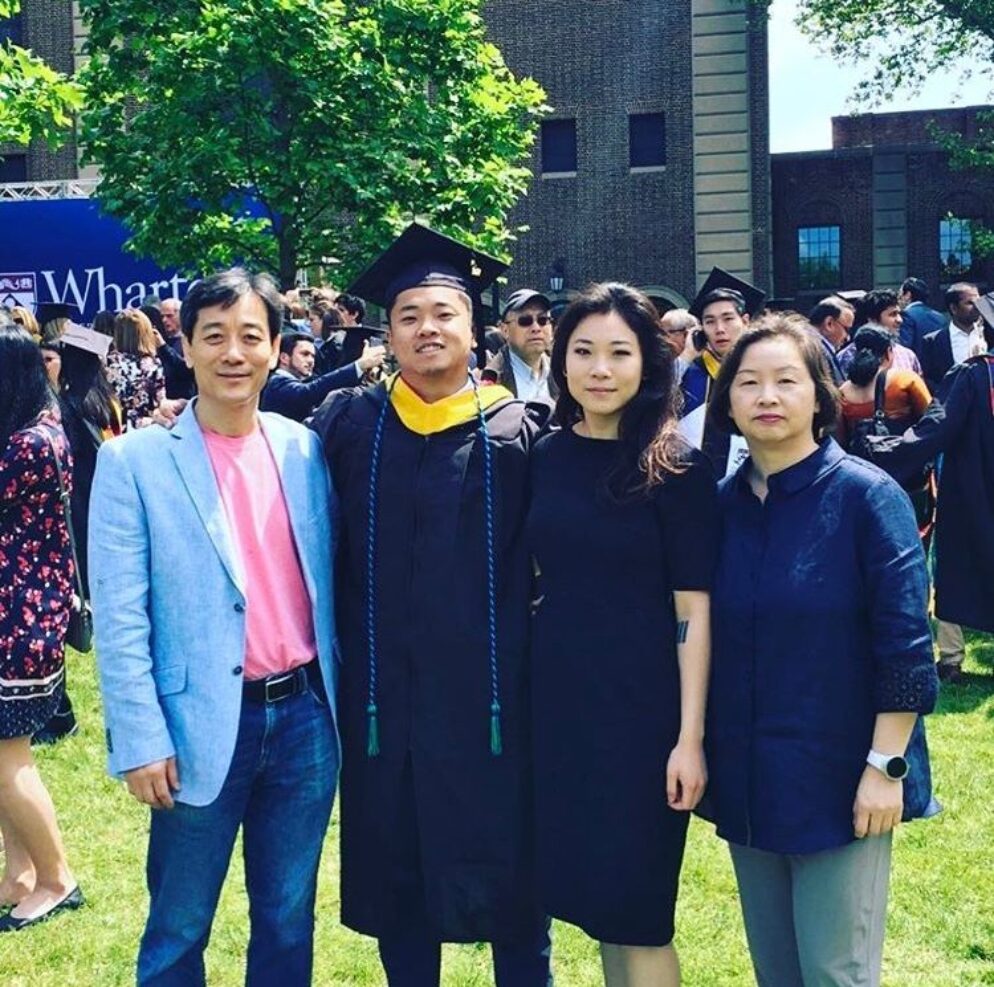I learned to speak English twice a week during pull-out ESL lessons. It didn’t matter that I missed part of Kindergarten for it. I didn’t understand what was happening in the general classroom anyway.
By the next year, I was flipping through English chapter books. My mom majored in Korean literature and taught language arts, and she knew the success to learning was through the first “R,” Reading—even in this new country whose libraries and letters were foreign to her.
By 4th grade, my mom struggled to get me to read—but not in English. She used all of her instructional tactics on me. She made lesson plans, assigned me homework, made flash cards for Korean words and grammar. She had flown here with volumes of Korean histories and biographies and folk tales that she imagined I would read when I grew older, but I wouldn’t touch them. The letters looked weird (why were they so square?!). Instead, I buried myself in the adventures of children with names like Harry, Ramona, or the Baudelaires. Adventures written in letters that were once unknown to me.
Years later in college, I taught civics once a week to 8th graders as a volunteer. Three of my students did not speak English, while a fourth tried in vain to translate my haphazard lessons for them into Spanish. I couldn’t reach them—nor could their actual teachers. Like my teachers, including my mother, couldn’t reach me.
They cemented my commitment to learners. My education happened simultaneously, divergently, combatively, at school, home—in the pages of print I made my friends when I had few in humans. School was a site of contention, as was home. They didn’t talk to each other, they couldn’t talk to each other, and I doubt they respected each other too. When I led a classroom for the first time, I didn’t want a space of learning to be that way for anyone else, but that’s what happened, and, at the time, I didn’t know enough or possessed the training to have prevented that.
I’m at SEARAC now because I want to help change this. I want schools to be sites of contention because that’s what learning entails—learning is challenging ideas and growing from it—but not because schools cannot or blatantly refuse to teach students who aren’t “easy.” I’m at SEARAC because there shouldn’t have to be a tradeoff between the cultures and norms that young people embody at school and those they embody at home. I’m here because I fight for the rights of all students—English language learners, immigrant learners, refugee learners, low-income students, and students of color—who are unjustly unseen and underserved.
Anna Byon is SEARAC’s new Education Policy Advocate. To contact her, e-mail anna@searac.org.

